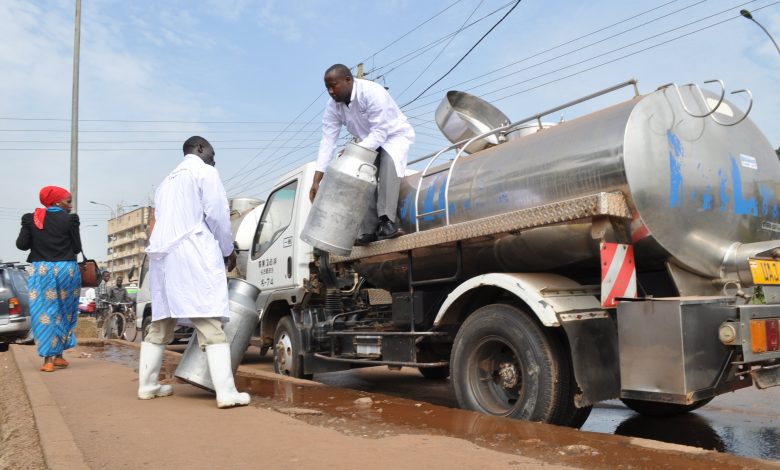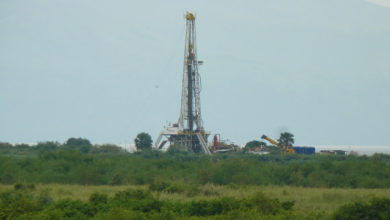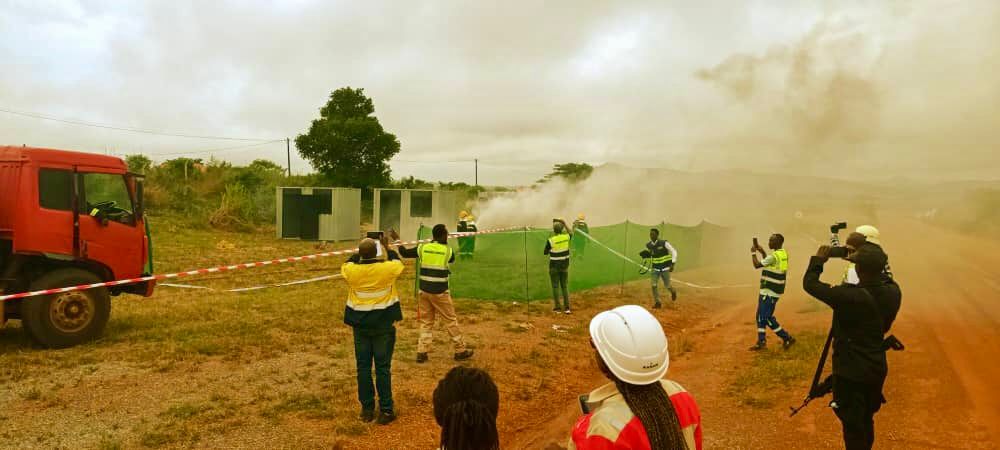Persistent trade tensions within the EAC continues to cripple dairy industry
This dilemma of the EAC trade relations remains a cat and mouse game, lacking a clear end game to it, filled with continuous uncertainty.

Trade tensions within the East African Community continue to cripple the dairy industry amidst noticeable local growth in milk production, not matched with in-country demand.
During his state of the nation address last week on 6th June 2024, the President of Uganda, H.E Yoweri Kaguta Museveni highlighted that milk production in Uganda is at 5.3 billion litres with an internal market of 800 million litres, leaving a huge un-consumed difference.
This month is the internationally celebrated June Dairy month, which the Dairy Development Authority (DDA) in Uganda is using to recognize stakeholders within the entire dairy value chain for their contribution towards providing fresh wholesome milk and milk products for all people to enjoy under the theme: “Dairy for improved household income.’
Akankiza Samson Mpiira, the Executive Director of DDA notes that the dairy value chain is one of the most dynamic sectors in Uganda, critical to the development of the rural economy and household transformation.
“This is due to its role in nutrition, income and employment security of persons. It is a priority sector in the Agro-industrialization and “real economy” agenda, the Vision 2040 and the National Development Plan (NDP III),” said Akankiza.
Meanwhile, a joint communique on the occasion of a state visit by H.E, Yoweri Kaguta Museveni, the President of Uganda to the Republic of Kenya from 15th to 17th May 2024 noted that the visit aimed at solidifying bilateral relations and strengthening partnership across various sectors thus promoting mutual prosperity and development.
The communique highlighted that the two Excellencies directed both partner states to respect and fully implement the EAC Customs Union protocol and Common Market protocol, directing that there should be no more quotas on goods originating from within EAC member states such as poultry and poultry products, dairy and dairy products, cereals, sugar, juices, pishori rice and furniture.
However, even with such high-level commitment between Uganda and Kenya, the East African Community trade relations continue to negate Ugandan milk producers through continuous trade bans.
Benson Mwangi, the General Manager for Brookside Limited said, “We were delighted to read the Communique between the Ugandan and Kenyan Presidents, confirming a new era of better trade relations. However, 3 weeks after its release, we have still been denied export permits for our milk powder and long-life/UHT milk by the Kenya Dairy Board.”
Kenya has been the leading buyer of Uganda’s milk products, although the trade relations have not been consistent due to several barriers, prompting Uganda to search for new markets for its milk and milk products.
On 6th March 2023, Kenya Dairy Board issued a statement that the Government of Kenya had stopped the importation of milk powders to cushion the industry from surplus production and low producer prices.
This announcement directly reinstated the 2021 ban of Ugandan milk products importation into Kenya which went against Kenyan President Ruto’s directive to lift a ban on Ugandan agricultural produce such as milk, eggs and chicken.
This dilemma of the EAC trade relations remains a cat and mouse game, lacking a clear end game to it, filled with continuous uncertainty.







